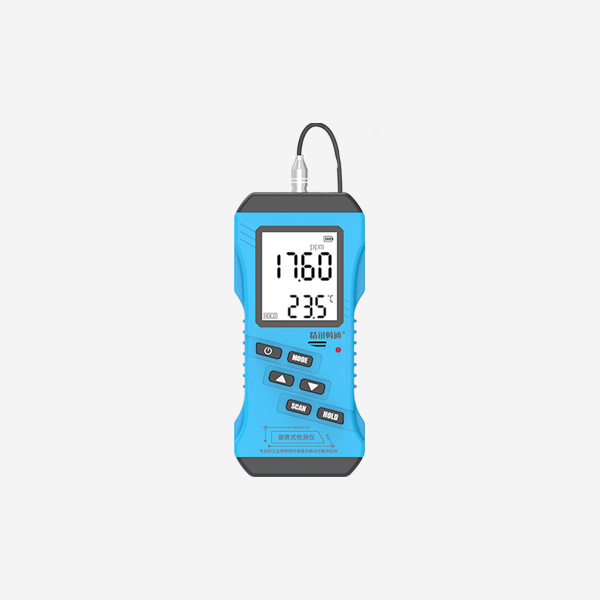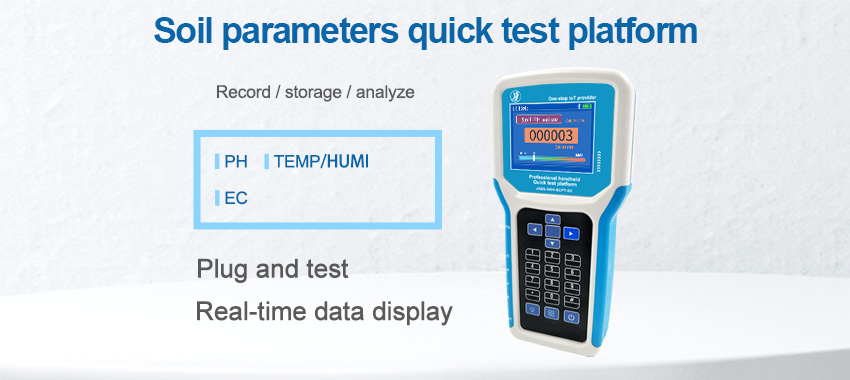Farming is a vital industry that plays a crucial role in feeding the world’s growing population. However, farmers face numerous challenges, including unpredictable weather patterns, limited water resources, and the need to optimize crop yields while minimizing environmental impact. To address these challenges, new technologies are being developed to revolutionize farming practices and improve crop growth. One such technology that holds immense promise is the use of soil sensors.

Soil sensors are devices that measure various parameters in the soil
providing real-time data on factors such as moisture levels, nutrient content, pH levels, and temperature. This information allows farmers to make more informed decisions about irrigation, fertilization, and other agronomic practices, ultimately leading to better crop growth and higher yields.
One of the primary advantages
of soil sensors is their ability to monitor soil moisture levels accurately. Soil moisture is a critical factor in plant growth, as it directly affects nutrient uptake, root development, and overall plant health. By measuring soil moisture in real-time, farmers can determine precisely when and how much water to apply, optimizing irrigation practices and preventing both under and over-watering. This not only conserves water but also ensures that crops receive the optimal amount of moisture for healthy growth.
In addition to monitoring soil moisture
soil sensors also provide valuable insights into nutrient levels in the soil. Nutrients such as nitrogen, phosphorus, and potassium are essential for plant growth, and their availability in the soil directly impacts crop productivity. With soil sensors, farmers can accurately assess nutrient deficiencies or excesses, allowing them to adjust fertilization strategies accordingly. By supplying crops with the right balance of nutrients, farmers can maximize yields while minimizing waste and environmental pollution caused by excessive fertilizer use.
Another advantage of soil sensors is their ability to measure soil pH levels
pH is a measure of soil acidity or alkalinity and greatly influences nutrient availability to plants. Different crops have specific pH requirements, and by monitoring soil pH, farmers can determine if adjustments are necessary to optimize growing conditions. By making the necessary amendments, such as adding lime to raise pH or sulfur to lower pH, farmers can ensure that their crops have an ideal environment for nutrient absorption and growth.
Temperature is another crucial factor that affects crop growth and development
Soil sensors can accurately monitor soil temperature, allowing farmers to make informed decisions about planting times and crop selection. Some crops have specific temperature requirements for germination and growth, and by having real-time temperature data, farmers can optimize planting schedules and choose crops that thrive in the current conditions.
While soil sensors offer numerous benefits
there are challenges that need to be addressed for widespread adoption. Calibration and maintenance of sensors, as well as data interpretation, can be complex tasks requiring technical expertise. Additionally, cost considerations may hinder small-scale farmers from adopting this technology. However, as the technology advances, costs are expected to decrease, making soil sensors more accessible to all farmers.

In conclusion, soil sensors have the potential to revolutionize farming practices by enhancing crop growth and increasing yields. By providing real-time data on soil moisture, nutrient levels, pH, and temperature, farmers can make precise agronomic decisions, optimizing irrigation, fertilization, and planting strategies. This not only leads to higher productivity but also promotes sustainability by conserving resources, reducing waste, and minimizing environmental impacts. As technology continues to advance and become more affordable, soil sensors will play a vital role in transforming agriculture and ensuring food security for future generations.
